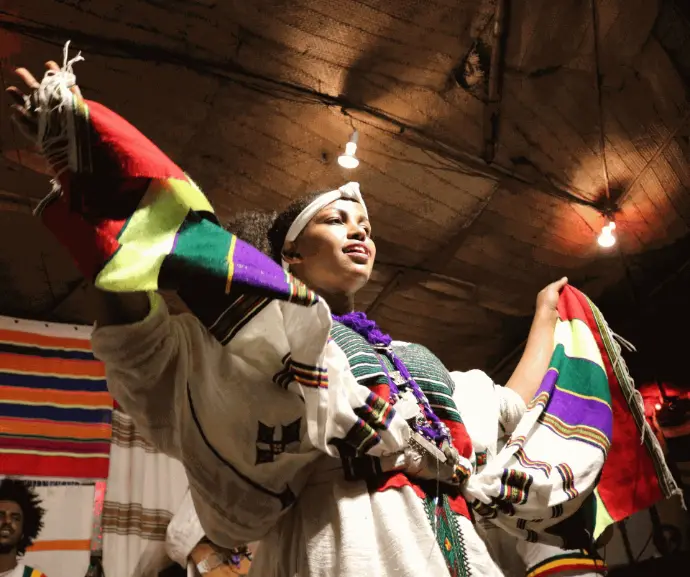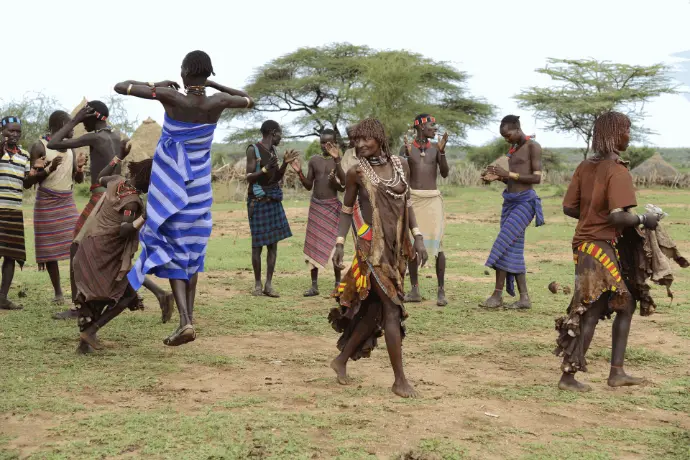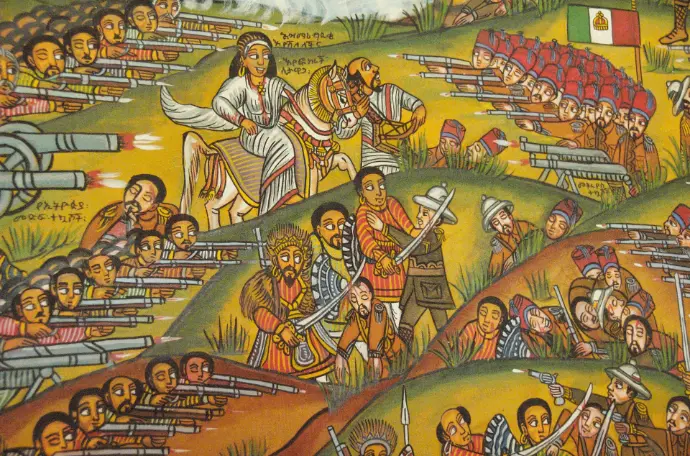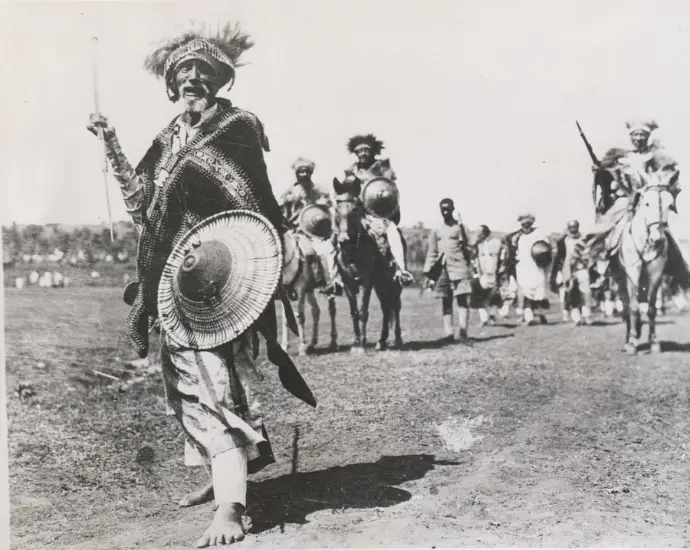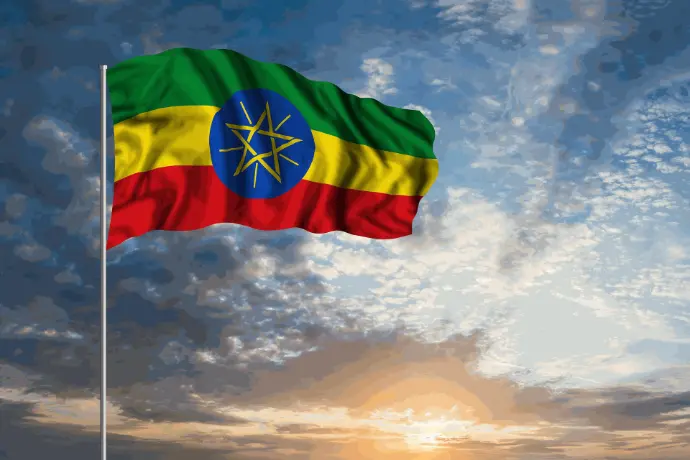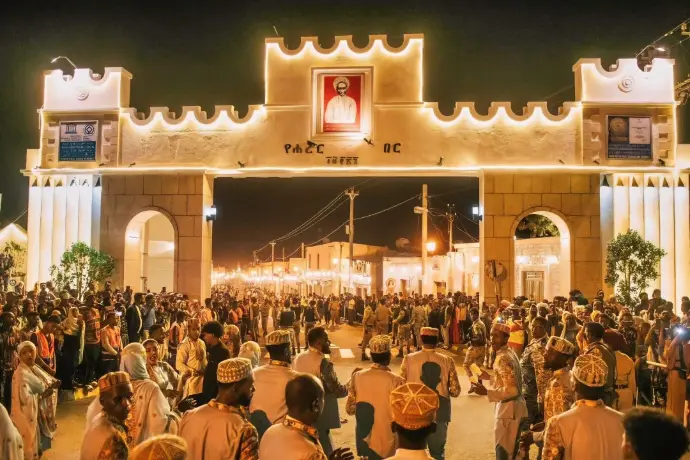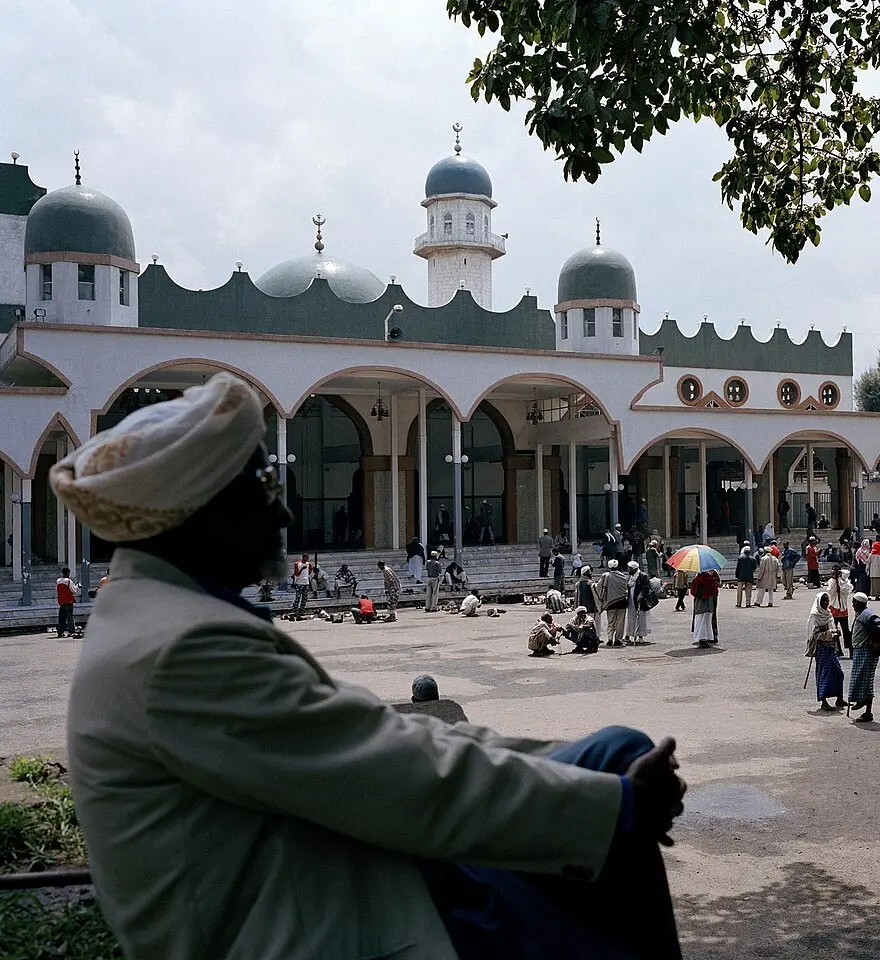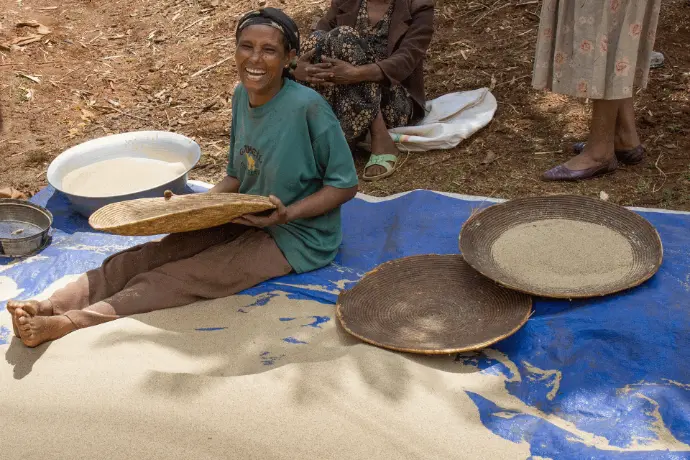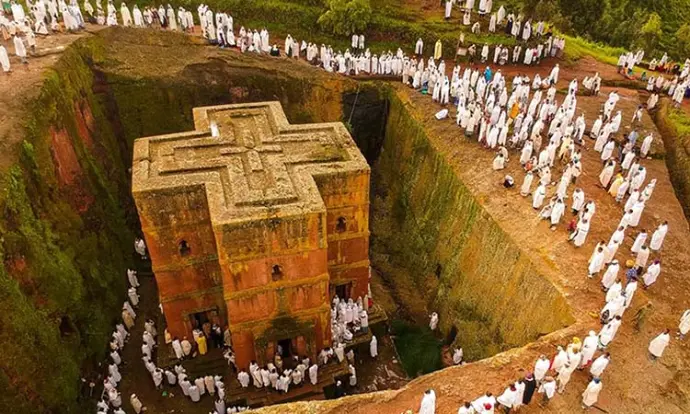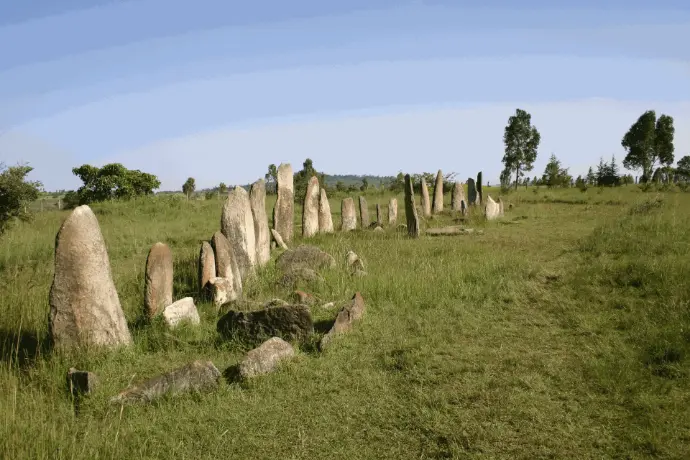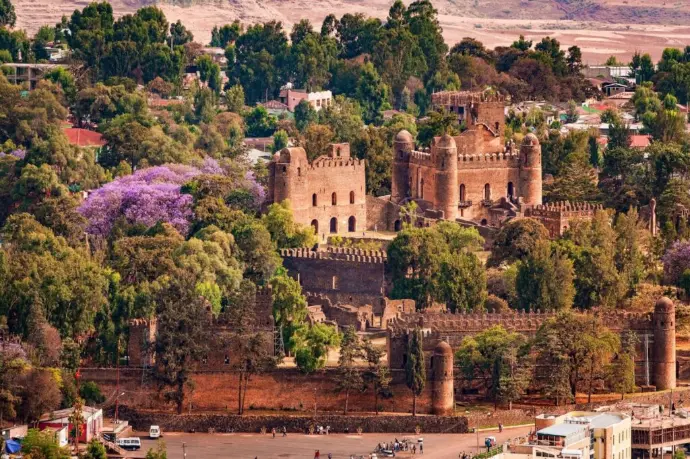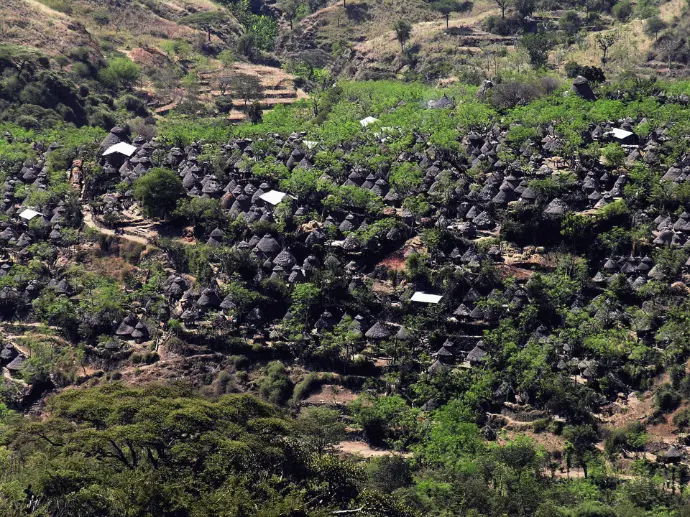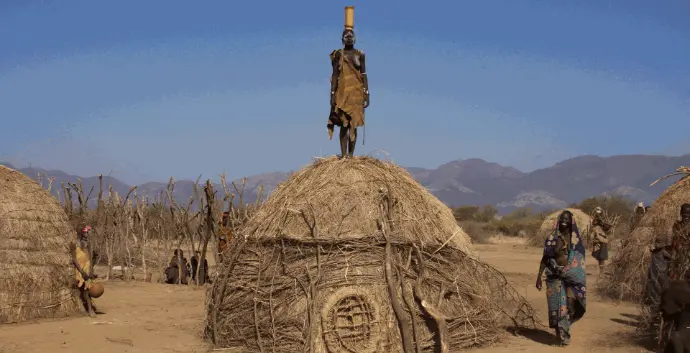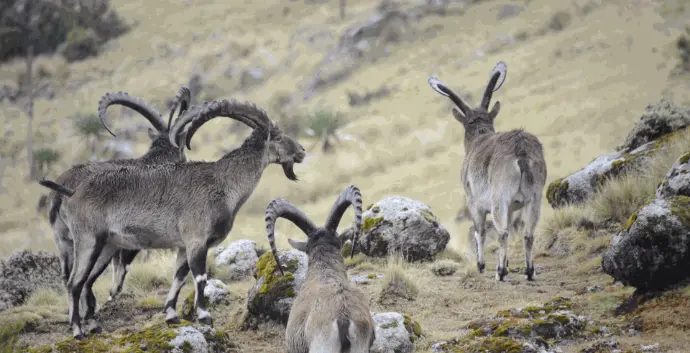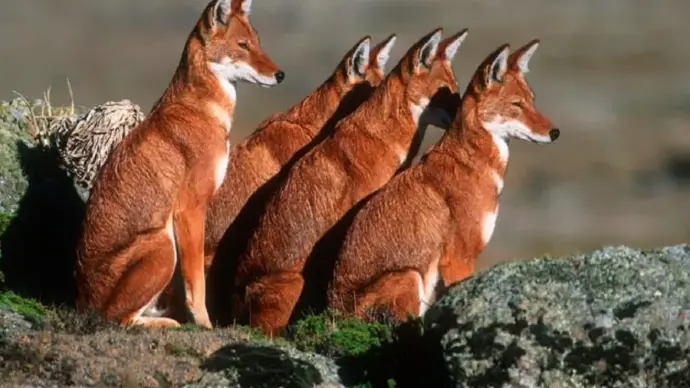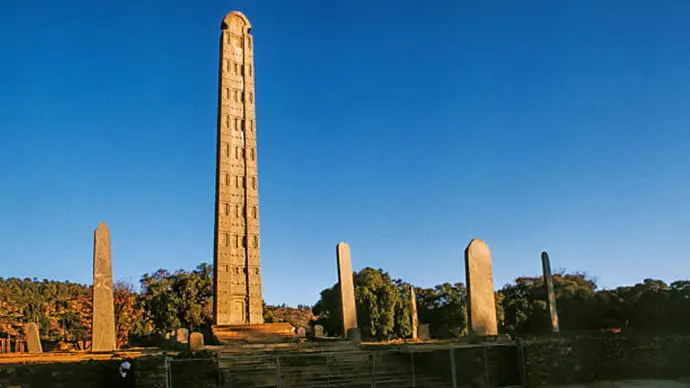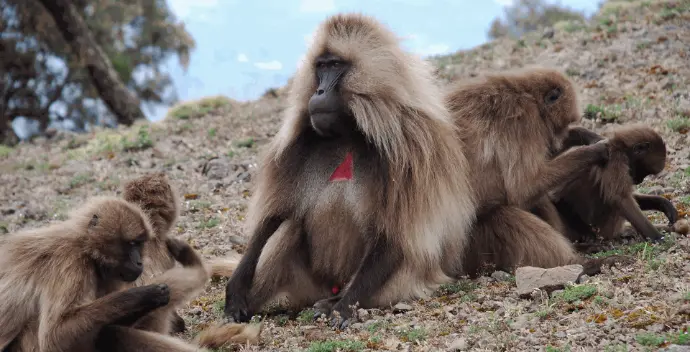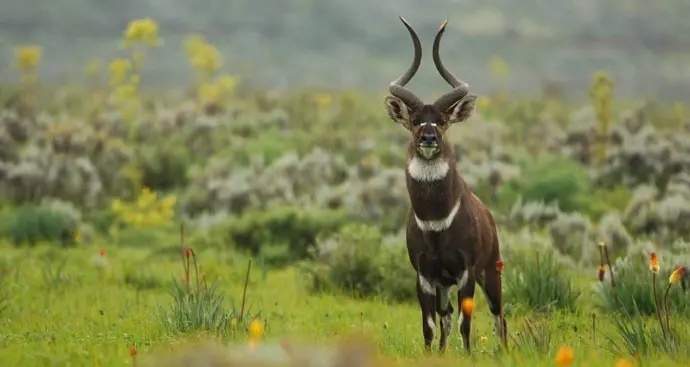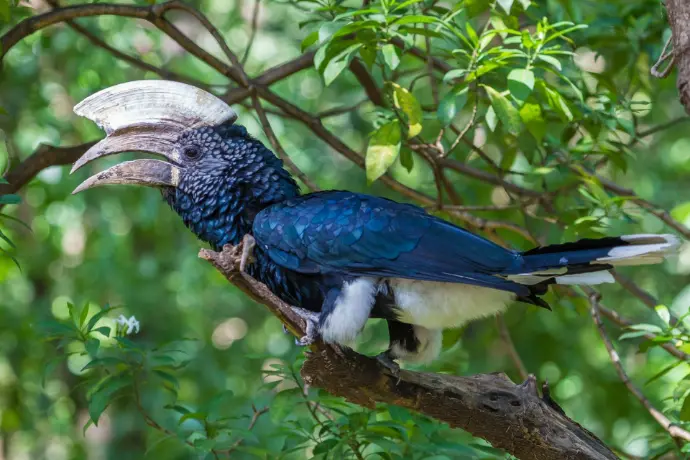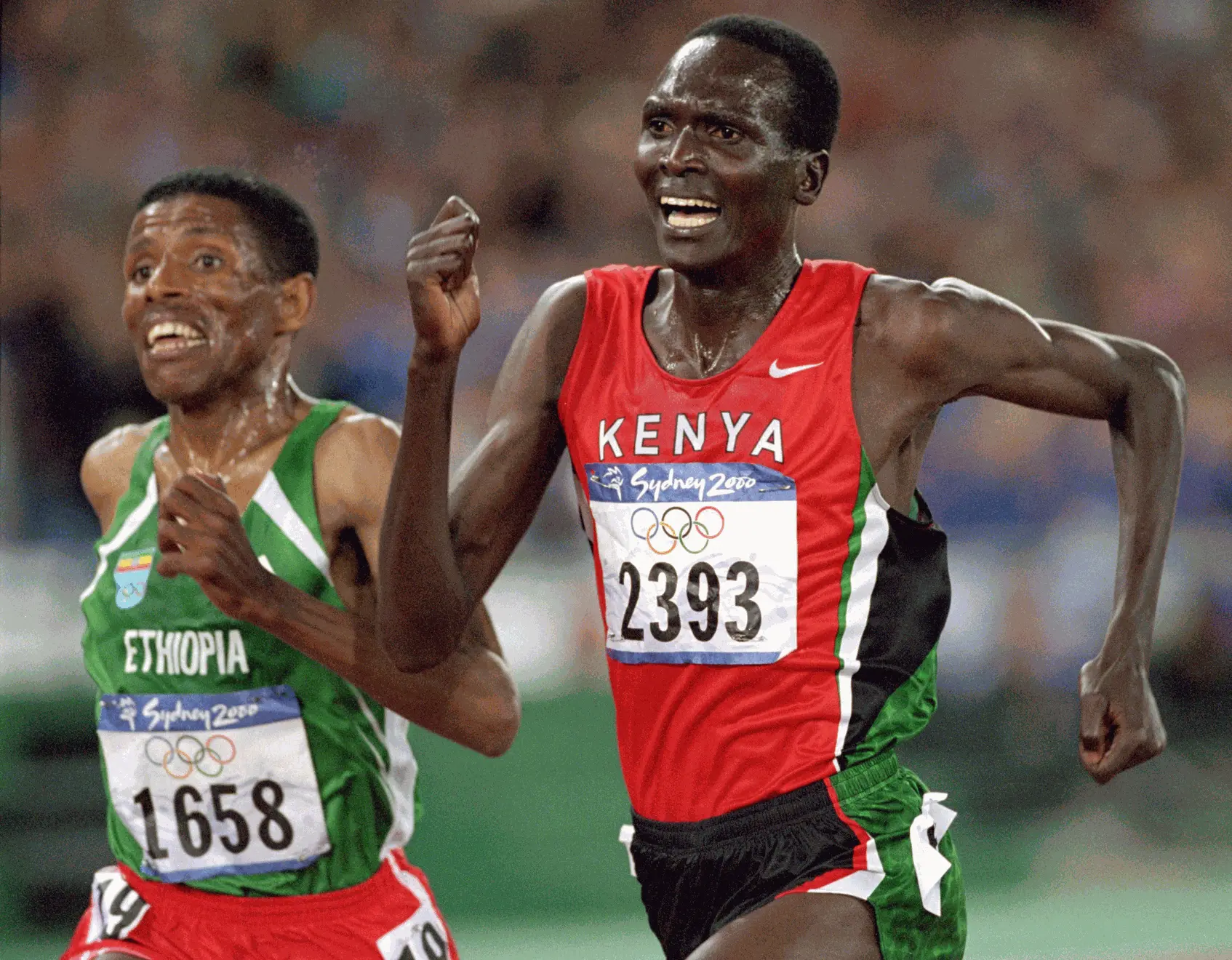Discover ETHIOPIA
Where History, Culture, and Nature Unite
Ethiopia’s Unique Calendar, Time System, and Linguistic Richness
Ethiopia is unique for its distinctive calendar, time system, and rich linguistic diversity. It uses a 13-month calendar, with 12 months of 30 days and a short 13th month, which is about 7 to 8 years behind the Gregorian calendar, making their new year fall in September. The Ethiopian day starts counting hours at 6 a.m. Western time, so 7 a.m. is considered 1 o’clock locally. Ethiopia is also home to over 80 languages, with Amharic as the official language. A special feature is the ancient Ge'ez script, one of the oldest alphabets still in use today, mainly for religious texts. These unique systems highlight Ethiopia’s cultural richness and independence from Western traditions.
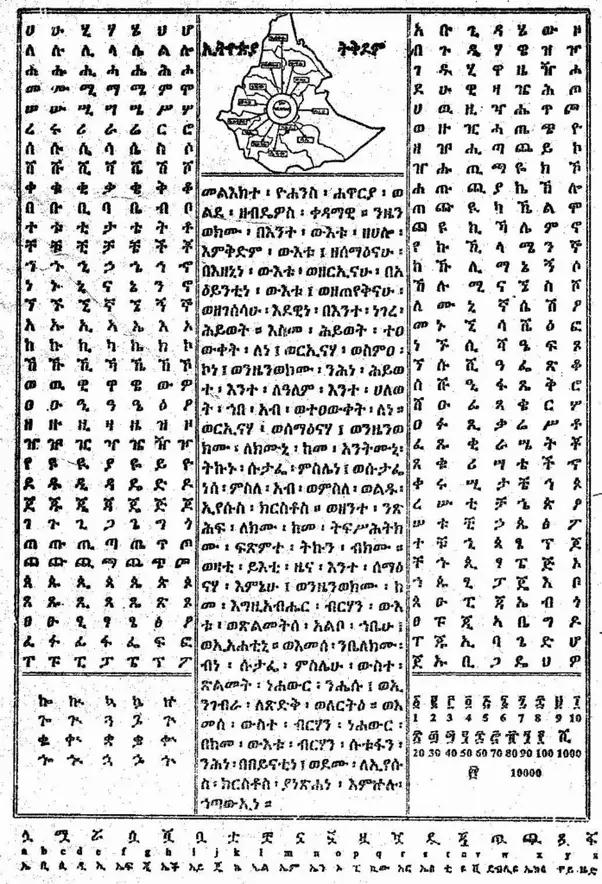
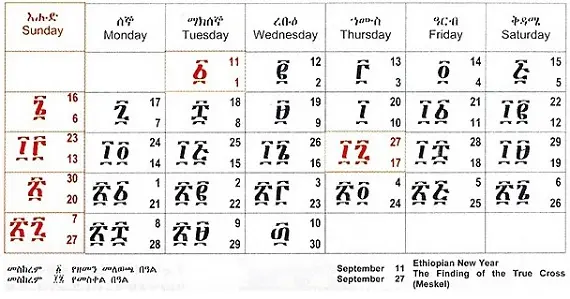
Ethiopia: The Birthplace and Heartland of Coffee Culture
Coffee is arguably Ethiopia’s gift to the world. According to legend, the coffee plant was first discovered in the Ethiopian region of Kaffa centuries ago. Today, coffee remains integral not just to Ethiopia’s economy but also to its social and cultural rituals. The traditional Ethiopian coffee ceremony is a communal event where coffee beans are roasted, ground, and brewed in front of guests in a ritual that symbolizes hospitality and respect. Sampling Ethiopian coffee during a ceremony is one of the best ways for visitors to connect with the everyday life and warmth of Ethiopian culture.

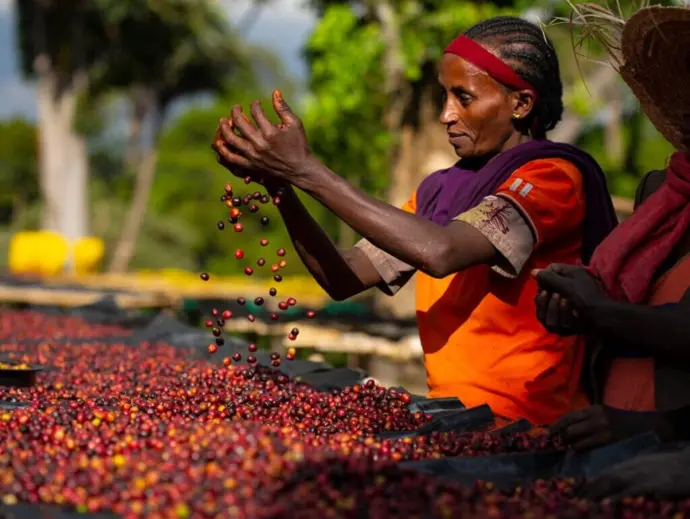


Ethiopia’s Dramatic and Diverse Landscapes
Ethiopia’s geography is one of the most varied on Earth, ranging from the searingly hot Danakil Depression—considered one of the hottest places inhabited year-round—to towering mountains like Ras Dashen in the Simien range, and breathtaking waterfalls such as the Blue Nile Falls. This diversity offers outdoor enthusiasts amazing opportunities for trekking, wildlife viewing, and photography. The Great Rift Valley runs through the country, adding another geological marvel. Ethiopia’s landscape diversity not only shapes its biodiversity but also influences the lifestyles and cultures of the people who inhabit these regions.
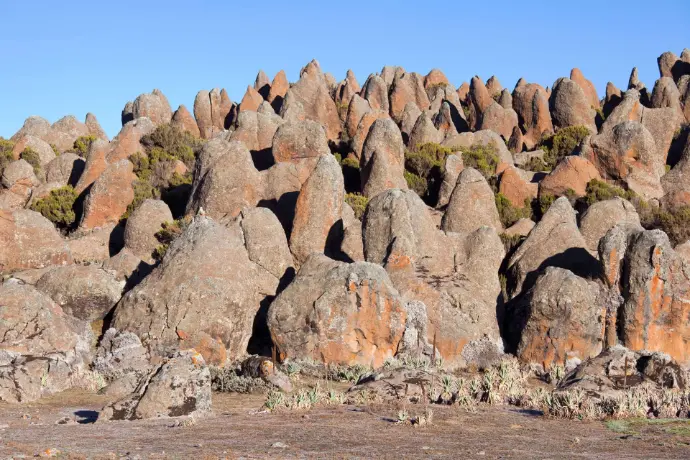


The Soul of Ethiopia: Music, Dance, and Cultural Expression
Ethiopian music is distinctively characterized by its pentatonic scale, giving it a sound different from Western or neighboring African music traditions. These traditional tunes are often accompanied by energetic dances such as Eskista, which involves intricate shoulder movements. Music and dance are essential to social life, cultural ceremonies, and storytelling, serving as a vibrant expression of Ethiopia’s many ethnic groups. Visitors are often captivated by the rhythm and emotion in Ethiopian performances, which reflect the country’s deep cultural richness
